
LGBTQ+ Programs
LGBTQIA2S+ Safe Space
The LGBTQIA2S+ community struggles with mental health and substance use disorders at alarmingly high rates. Studies show LGBTQ+ adults are more than twice as likely to suffer from mental health conditions than other populations. This is especially true for mental health disorders like depression and anxiety.
Providing treatment programming that is in full alignment with the unique needs of this population is essential. At Bridge of Hope Mental Health Service, our approach focuses on helping LGBTQIA2S+ clients develop strategies to embrace their identity, empower themselves and find acceptance.
Our LGBTQIA2S+ focused track offers curriculum designed to help address common issues that members of the LGBTQ+ community face. We can help individuals who are struggling with mental health disorders, substance abuse or a combination of both develop healthy and lifelong recovery-based skills.
The LGBTQ+ track offers an affirming environment at Bridge of Hope Mental Health Service. It focuses on helping members of the community:
Identify their authentic self
Build healthy relationships
Promote advocacy & empowerment
Find community
Address trauma
The skills developed through the LGBTQ+ program provide a framework for mental health and substance abuse recovery.
How Do Mental Health Conditions Affect The LGBTQ+ Community?
Members of the LGBTQ+ community are more likely to experience mental health conditions than those of other populations. They are at an increased risk for experiencing discrimination, shame, fear and traumatic events.
LGBTQ+ people often face adversity resulting from their sexual orientation or gender identity. This can include coming out to family and friends, facing rejection and experiencing trauma from bullying and hate crimes. As a result, LGBTQ+ struggle with increased rates of mental health disorders and substance abuse:
Lesbian, gay and bisexual adults are almost twice as likely as heterosexual adults to experience a substance abuse disorder.
Transgender people are nearly four times as likely to experience a substance abuse disorder than cisgender individuals.
LGBTQ+ individuals are three times as likely to experience a mental health disorder in comparison to heterosexual individuals.
LGBTQ+ teens are around six times more likely to experience symptoms of depression than their heterosexual, cisgender peers.
